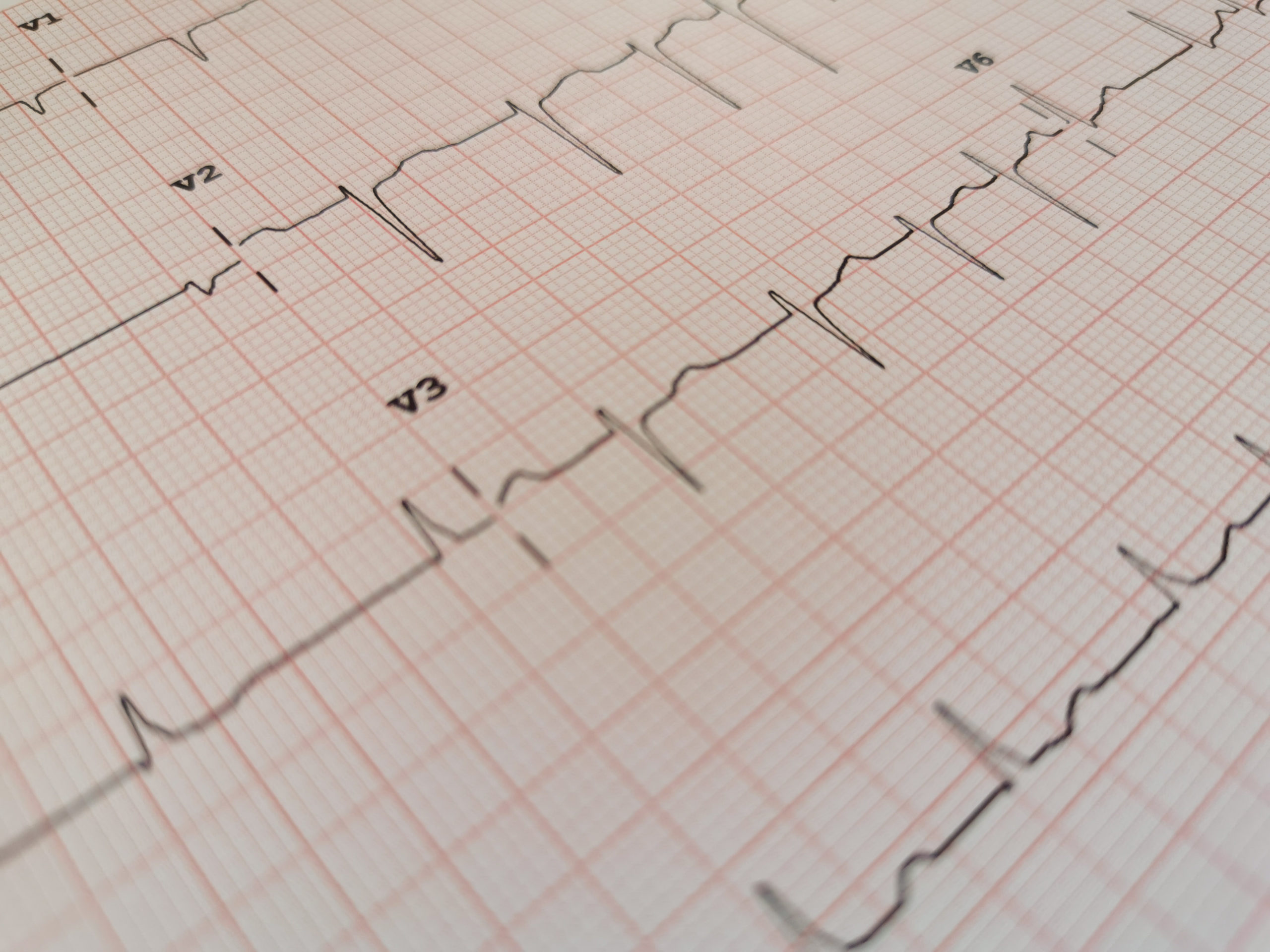
In a study published in Frontiers in Cardiovascular Medicine, researchers explored associations between obesity measures and atrial fibrillation (AF) and ischemic stroke in different patient age groups. According to the report, a heightened risk for AF and ischemic stroke according to body mass index (BMI) and waist circumference increments was most prominent in younger age groups.
Additionally, the authors reported that the association between obesity measurements and ischemic stroke was not significant above the midlife age range.
This study comprised 9 432 332 patients from the Korean National Health Insurance Service Database and stratified them into 6 age group categories defined by every decade increase from 20.
Obesity by Patient Age and Its Impact on Risk for AF and Stroke
Over the mean follow-up of 8.2 ± 1.0 years, BMI was associated with AF in a J-shaped fashion across age subgroups. Notably, the highest hazard ratio (HR) for patients with BMI ≥ 30 kg/m2 was seen in the 30-to-39-year age group (HR, 1.80; 95% CI, 1.63-1.98; P<.001). The researchers also observed an increased risk for AF in underweight adults more than 60 years of age.
Additionally, the risk for incident ischemic stroke rose in patients with BMI above the normal range in the early and midlife age groups, but the association was weaker in adults aged more than 60 years. The highest risk for ischemic stroke among BMI ≥ 30 kg/m2 patients was seen in the 20-to-29-year age group (HR, 3.00; 95% CI, 2.34-3.84; P<.001). Lastly, waist circumference had a positive linear correlation with AF and ischemic stroke, though the relationship with ischemic stroke was less clear in patients 40 years of age or older.
Given the more prominent association between obesity parameters and AF and ischemic stroke observed in the younger age groups, the authors suggested that “weight management in early life should receive due attention.”
Comparatively, the weaker correlations in the elderly age groups indicated that several non-obesity factors contributed to ischemic stroke, “thereby requiring integrated or holistic risk factor management.”
Find More Atrial Fibrillation Research and Expert Interviews at the DocWire News Knowledge Hub







 © 2025 Mashup Media, LLC, a Formedics Property. All Rights Reserved.
© 2025 Mashup Media, LLC, a Formedics Property. All Rights Reserved.